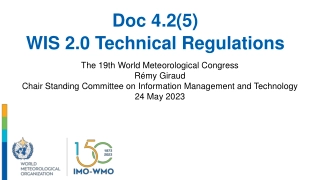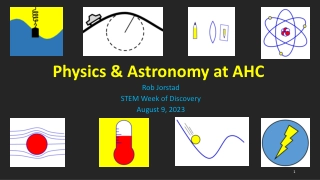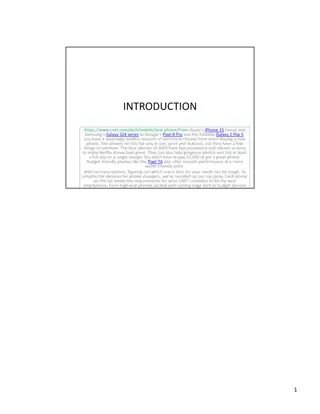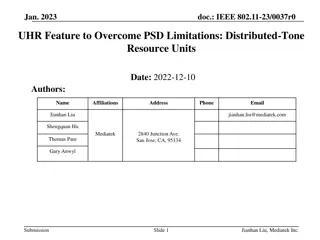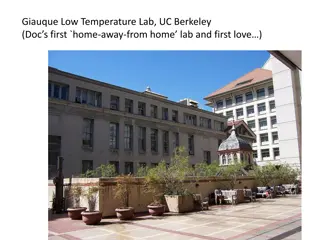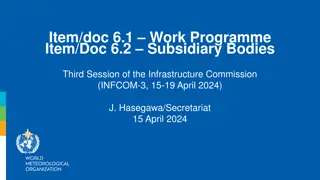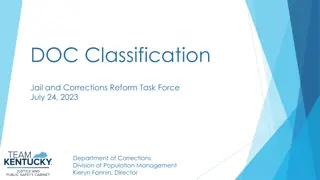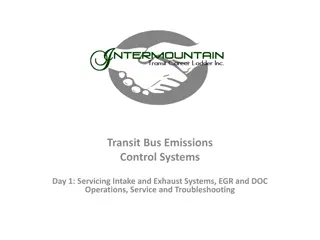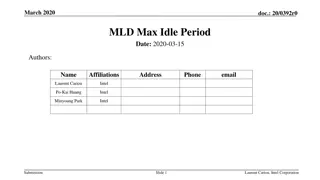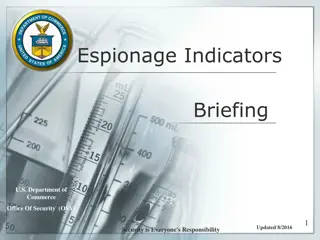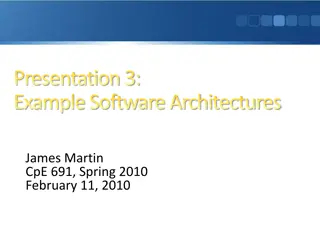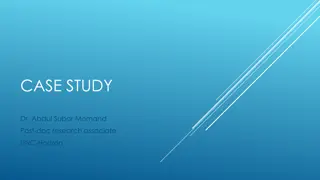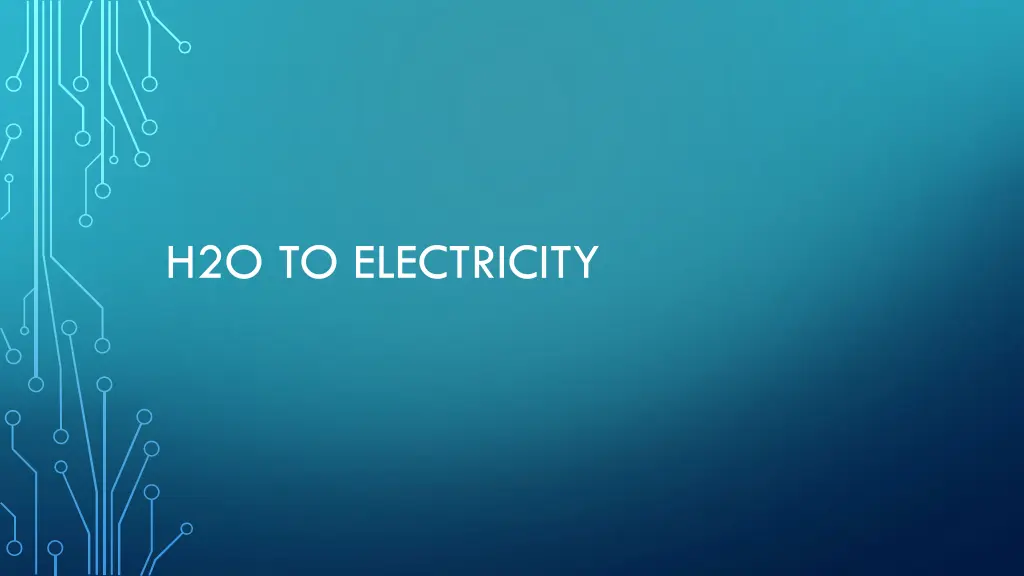
Control Systems Engineer: Hydro Power and Technology Solutions
Learn about control systems engineering in the context of hydroelectric power generation, including the role of sensors, actuators, computing devices, and communication systems. Explore the responsibilities of a control systems engineer, from designing interconnections to overseeing installation and providing customer training. Discover what it takes to become a successful control engineer with a solid understanding of nature, technology, and a passion for working with both people and technology.
Download Presentation

Please find below an Image/Link to download the presentation.
The content on the website is provided AS IS for your information and personal use only. It may not be sold, licensed, or shared on other websites without obtaining consent from the author. If you encounter any issues during the download, it is possible that the publisher has removed the file from their server.
You are allowed to download the files provided on this website for personal or commercial use, subject to the condition that they are used lawfully. All files are the property of their respective owners.
The content on the website is provided AS IS for your information and personal use only. It may not be sold, licensed, or shared on other websites without obtaining consent from the author.
E N D
Presentation Transcript
A SHORT VIDEO [ < 3 MINUTES ] HYDRO ELECTRIC POWER https://youtu.be/q8HmRLCgDAI
CONTROL SYSTEMS A collection of sensors, actuators, computing devices, and communication devices installed on any machinery that you want to interact with. Sensors position, level, temperature, current, voltage, power, etc. Actuators rotating or linear motors for opening/closing gates, valves, etc. Computing Devices Computers running pre-programmed instructions to perform sequence or event-base operation. Communication Devices radios, microwave system, satellite, fiberoptic cable, router, network switches, etc to transport digital information between you and the machinery.
HYDRO CONTROL SYSTEMS Water Intake System control how much water to take from the river or reservoir to run the generators. Power Generation System control how much power to generate by modulating the water flow through the turbine and the power into the generator. Electrical Protection System input and output power must be monitored and moved in identified paths and any deviation must be detected and diffuse to prevent damages. Non-Electrical Protection System other potential energy sources such as hydraulic, pneumatic, and mechanical must be monitored and have abilities to diffuse to minimize damages. Computing and Communication Systems monitor and log all operations by computing devices and Operator s action.
WHAT I DO AS A CONTROL SYSTEMS ENGINEER Listen to Customers to learn about their needs to operate their machines. Propose solutions that are acceptable by Customers in terms of cost and completion time. Design interconnections between sensors, actuators, computing devices, and communication devices to meet the Customers need. Program sequence of operations to be executed by the computing devices to control the machinery. Program operator interfaces and communication devices to provide Customers monitoring and controlling of the machinery. Oversee the installation of the equipment. Perform startup and Customer training.
WHAT IT TAKES TO BECOME A CONTROL ENGINEER A good understanding of nature s environment. A good understanding of the existing technology. Enjoy working with people and technology.

